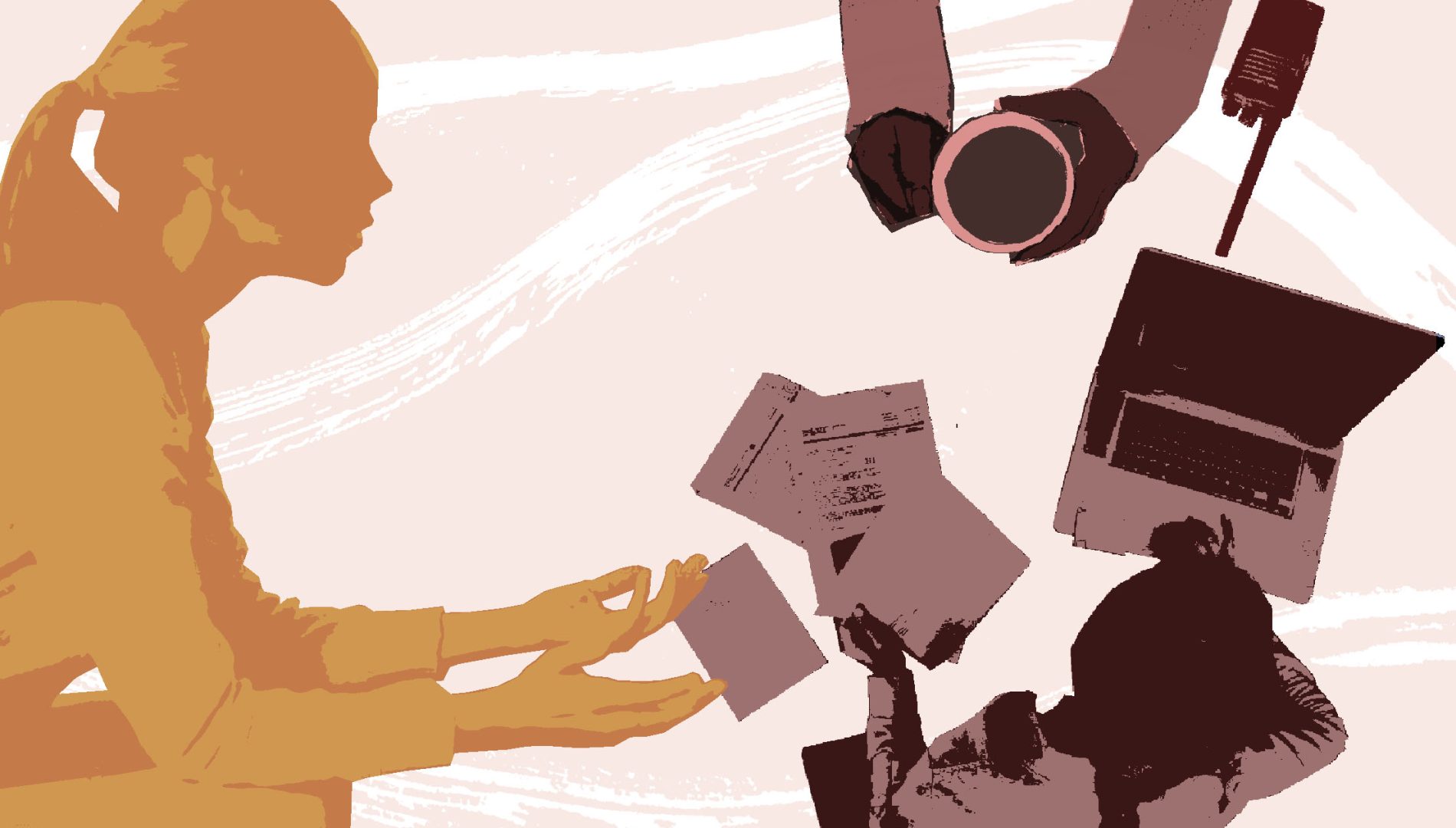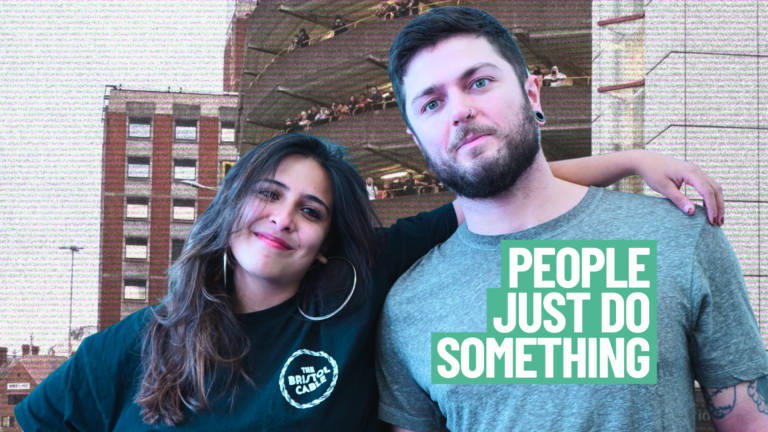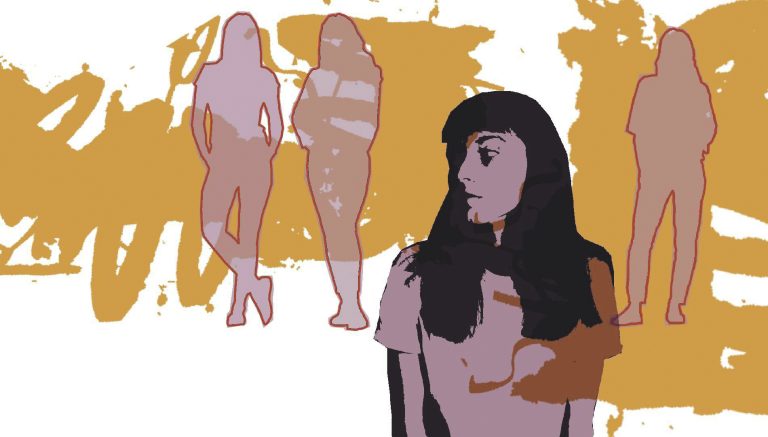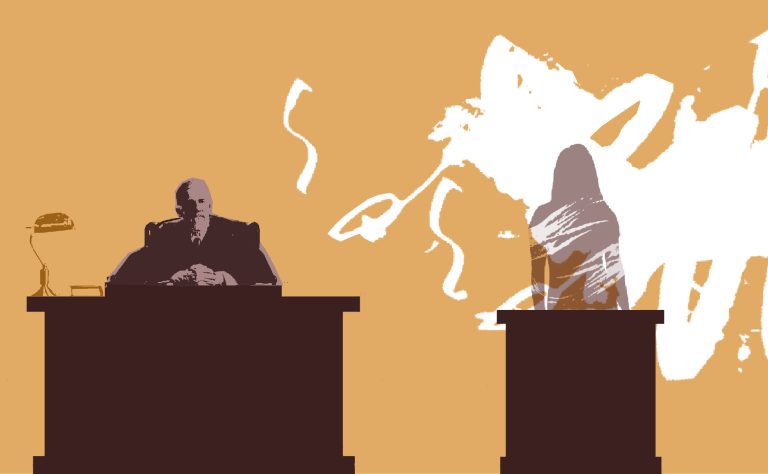Content warning: This story contains references to rape, sexual violence and suicide
In April, Chrissy* wrote to me about her daughters rape case, a few before it was due to be heard in Bristol Crown Court. “There are many issues with the way rape cases are handled, more with the CPS than the police in our experience.”
Since then, the Cable has been investigating what it was like for Chrissy’s daughter, Katie*, to report her rapist Luke Thompson to the police and see her case through court.
In the first part of this special investigation, we followed the trial through Bristol Crown Court. Thompson was found guilty of raping Katie and another woman, and sentenced to 16 years in prison.
The national picture is this. In 2020, a damning report by women’s charities stated that outcomes for victims were so poor, rape was effectively being “decriminalised.” While the number of women reporting rape to the police had risen dramatically – by 250% between 2010 and 2019 – criminal charges and prosecutions plummeted to record lows.
Amid the growing outcry from campaigners and extensive media coverage, the government in response announced an “End to End” Rape review of the criminal justice system to find out what was going wrong.
Published in 2021, its core action was the £6.65 million Operation Bluestone – a new approach to investigating and prosecuting sexual crimes. Bluestone was groundbreaking; a team of academics conducted deep dives into the police response to rape in forces across the country, and it was first piloted here in Avon and Somerset Police.
Two years on, the findings formed the new ‘national operating model’ for prosecuting rape, which is ‘victim-centred, suspect-focused and context-led.’ In July 2023, Operation Bluestone was rolled out across all 43 police forces in England and Wales.
So did Operation Bluestone help bring Katie’s rapist to justice? What does Operation Bluestone mean for victims navigating the criminal justice system – and do the changes go far enough? In part two of this investigation, the Cable spoke to key players behind the scheme to find out.












